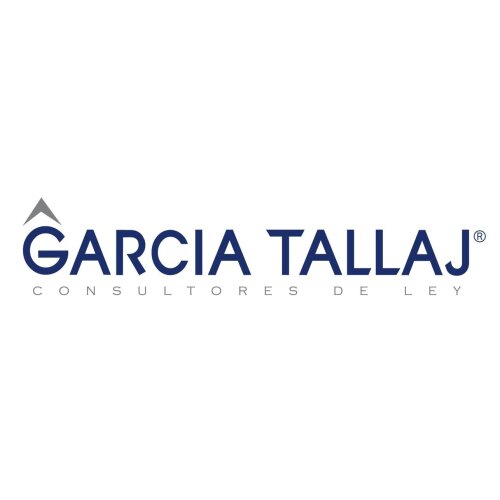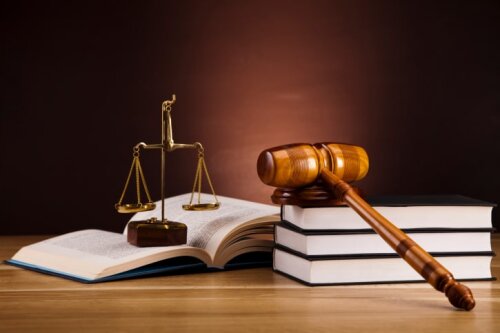Best Trusts Lawyers in Dominican Republic
Share your needs with us, get contacted by law firms.
Free. Takes 2 min.
Or refine your search by selecting a city:
List of the best lawyers in Dominican Republic
About Trusts Law in Dominican Republic
In the Dominican Republic, trusts, known as "fideicomisos," are legal arrangements where one party, the trustee, holds and manages property on behalf of another party, the beneficiary. The framework for trusts in the Dominican Republic is outlined in Law No. 189-11, established in 2011, which addresses the processes, regulations, and legal implications involved in the creation and management of trusts. Trusts are often used for wealth management, estate planning, and to ensure the property is used according to the wishes of the person establishing the trust, known as the trustor.
Why You May Need a Lawyer
Engaging a lawyer when dealing with trusts in the Dominican Republic is crucial for several reasons. A lawyer can provide expertise in drafting and setting up trust documents to ensure compliance with local laws. They can also assist with complex transactions involving real estate or business assets held in trust. Legal assistance is often necessary when there are disputes regarding the trust's management or the interpretation of trust documents. Additionally, a lawyer can help navigate tax implications and ensure that the trust structure aligns with the trustor’s estate planning goals.
Local Laws Overview
Key aspects of Dominican trusts law include the regulation under Law No. 189-11, which provides a comprehensive framework for the creation and operation of trusts. The law outlines the roles and responsibilities of the parties involved, including the trustor, trustee, and beneficiaries. It specifies the conditions under which trusts can be set up, including both public and private trusts, and different types of trusts such as administration and guarantee trusts. Compliance with anti-money laundering regulations is also imperative, and there are specific rules regarding reporting and disclosures to the appropriate authorities.
Frequently Asked Questions
1. What is the main law governing trusts in the Dominican Republic?
The main law governing trusts in the Dominican Republic is Law No. 189-11, which outlines the regulations for setting up and managing trusts.
2. Can a trust be used for estate planning in the Dominican Republic?
Yes, trusts can be an effective tool for estate planning, allowing individuals to manage and distribute their assets according to their wishes.
3. Who can be a trustee in the Dominican Republic?
A trustee can be an individual or an entity, as long as they comply with the legal requirements and are capable of carrying out the duties as per the trust deed.
4. Are there different types of trusts available?
Yes, the Dominican Republic recognizes various types of trusts, such as administration trusts, guarantee trusts, and public trusts, each serving different purposes.
5. What are the tax implications of setting up a trust?
Trusts may have specific tax obligations, and it is advisable to consult with a lawyer or tax advisor to understand the potential tax impacts fully.
6. What are the typical roles in a trust structure?
The typical roles include the trustor (who creates the trust), the trustee (who manages it), and the beneficiary (who benefits from it).
7. Can a foreigner set up a trust in the Dominican Republic?
Yes, foreigners can establish trusts in the Dominican Republic, typically for investment or property management purposes.
8. How can one change a trust's terms?
Changing the terms of a trust generally requires an amendment to the trust deed, which should be done with legal counsel to ensure compliance with local laws.
9. Is it possible to challenge a trust?
Challenges can arise related to the validity or execution of a trust, typically requiring legal proceedings to resolve disputes.
10. Are there reporting requirements for trusts?
Yes, there are specific reporting requirements for trusts to ensure compliance with financial and legal regulations in the Dominican Republic.
Additional Resources
For those seeking more information or assistance, the following resources can be helpful:
- The Superintendence of Banks of the Dominican Republic, which oversees financial activities related to trusts.
- Notary Offices, which can provide assistance with the drafting and execution of trust documents.
- Legal and tax advisors specializing in Dominican trust law and estate planning.
Next Steps
If you find yourself needing legal assistance regarding trusts in the Dominican Republic, it is advisable to consult with a lawyer experienced in fiduciary law. Begin by gathering any relevant documents related to your assets and clearly outlining your objectives for the trust. Schedule a consultation with a legal expert to discuss your needs and ensure that your trust is set up properly, in accordance with Dominican laws, and that it effectively meets your personal or business objectives.
Lawzana helps you find the best lawyers and law firms in Dominican Republic through a curated and pre-screened list of qualified legal professionals. Our platform offers rankings and detailed profiles of attorneys and law firms, allowing you to compare based on practice areas, including Trusts, experience, and client feedback.
Each profile includes a description of the firm's areas of practice, client reviews, team members and partners, year of establishment, spoken languages, office locations, contact information, social media presence, and any published articles or resources. Most firms on our platform speak English and are experienced in both local and international legal matters.
Get a quote from top-rated law firms in Dominican Republic — quickly, securely, and without unnecessary hassle.
Disclaimer:
The information provided on this page is for general informational purposes only and does not constitute legal advice. While we strive to ensure the accuracy and relevance of the content, legal information may change over time, and interpretations of the law can vary. You should always consult with a qualified legal professional for advice specific to your situation.
We disclaim all liability for actions taken or not taken based on the content of this page. If you believe any information is incorrect or outdated, please contact us, and we will review and update it where appropriate.
Browse trusts law firms by city in Dominican Republic
Refine your search by selecting a city.














